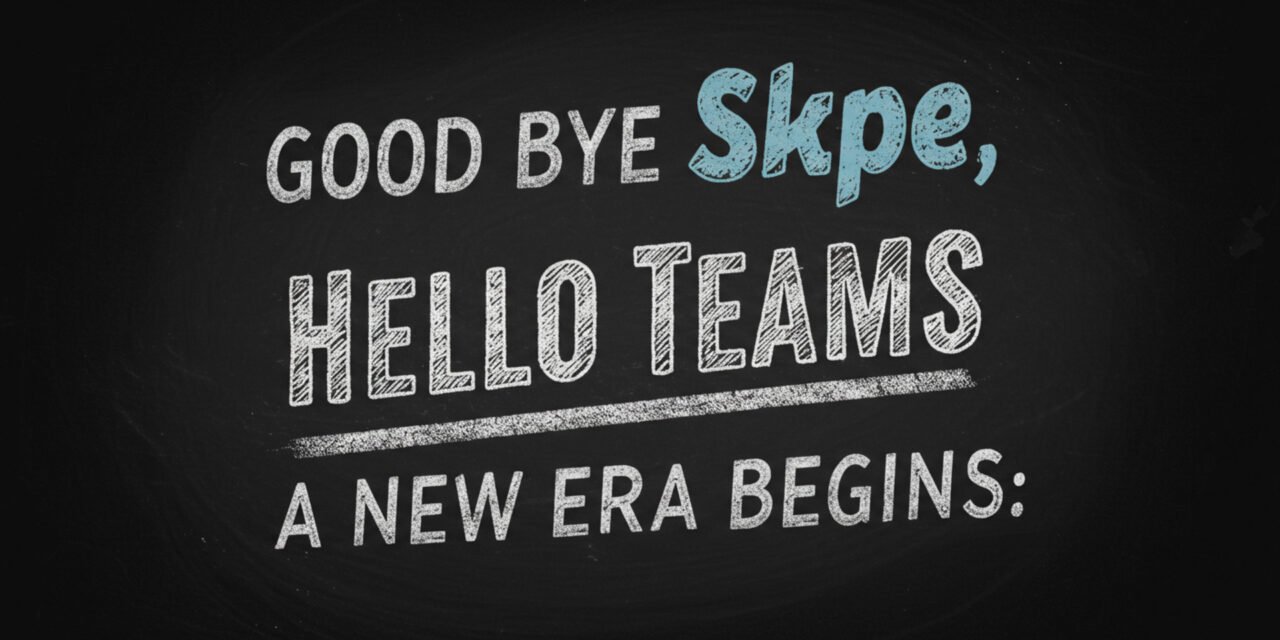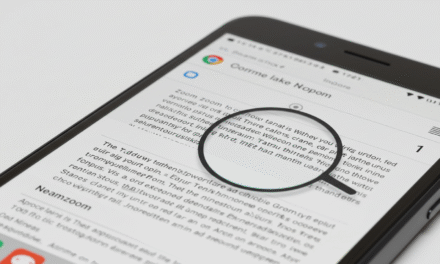Farewell to Skype, Hello to Teams
After 23 years of revolutionising online communication, Skype has officially shut down as of May 5, 2025. Microsoft is now directing users to transition to Microsoft Teams, its more advanced communication platform. This move reflects the evolving needs of modern communication, emphasising collaboration and integration.ElHuffPost+5New York Post+5Houston Chronicle+5
Why the Transition?
Skype was a pioneer in Voip technology, enabling free voice and video calls over the internet. However, with the rise of platforms like Zoom, Slack, and Microsoft Teams, Skype’s usage declined. Microsoft’s decision to sunset Skype aligns with its strategy to consolidate communication services and focus on platforms that offer comprehensive collaboration tools.Houston Chronicle+2news+2AP News+2El País+4Houston Chronicle+4news+4
Microsoft Teams: A Comprehensive Communication Platform
Microsoft Teams offers a range of features that go beyond Skype’s capabilities:
- Integrated Communication: Combines chat, video conferencing, and file sharing in one platform.
- Collaboration Tools: Allows real-time document editing and integration with Microsoft 365 apps.
- Scalability: Supports meetings with up to 10,000 participants, catering to both small teams and large organisations.Pumble+3osibeyond.com+3Microsoft Support+3
- Third-Party Integrations: Offers a vast app store for customising workflows and enhancing productivity.
These features make Teams a suitable replacement for Skype, especially for businesses seeking a unified communication solution.Reddit+1osibeyond.com+1
Migrating to Microsoft Teams
Transitioning from Skype to Teams is designed to be seamless:
- Account Migration: Users can log into Teams using their existing Skype credentials.Houston Chronicle
- Data Transfer: Contacts and chat histories can be migrated to Teams, ensuring continuity.
- Training Resources: Microsoft provides tutorials and support to help users familiarise themselves with Teams’ features.
It’s important to note that while Teams offers many of Skype’s functionalities, some features, like traditional phone-call capabilities, may require additional setup or subscriptions.
Benefits for Businesses
For organisations, the move to Teams offers several advantages:
- Enhanced Collaboration: Teams facilitates better coordination among team members through shared workspaces and integrated tools.
- Improved Security: Offers enterprise-grade security features to protect sensitive information.
- Cost Efficiency: By consolidating communication tools, businesses can reduce costs associated with maintaining multiple platforms.
These benefits position Teams as a strategic choice for businesses aiming to streamline their communication infrastructure.
Conclusion: Embracing the Future of Communication
The retirement of Skype marks the end of an era, but it also opens the door to more integrated and efficient communication solutions. Microsoft Teams stands out as a robust platform that caters to the diverse needs of modern users, from casual conversations to complex business collaborations. Embracing Teams is not just a change in tools but a step forward in enhancing how we connect and work together.ElHuffPost+3





